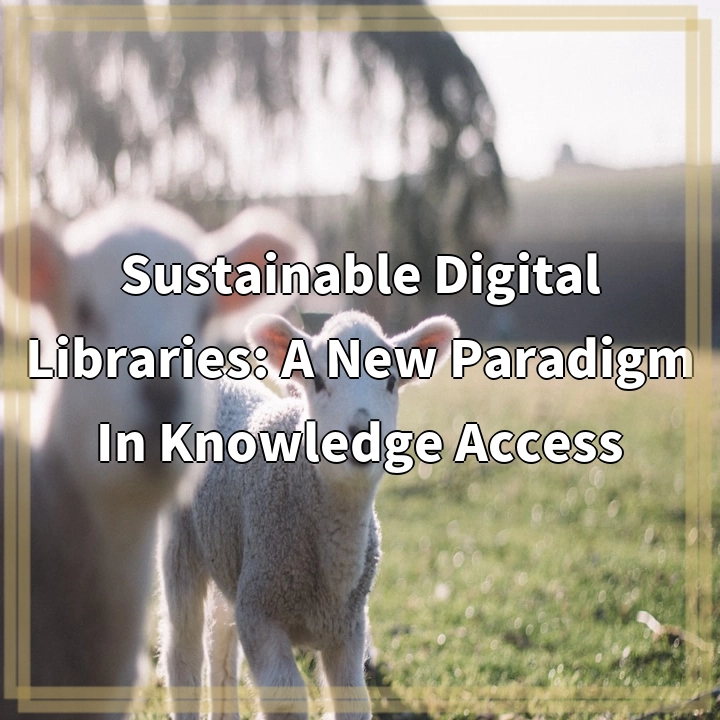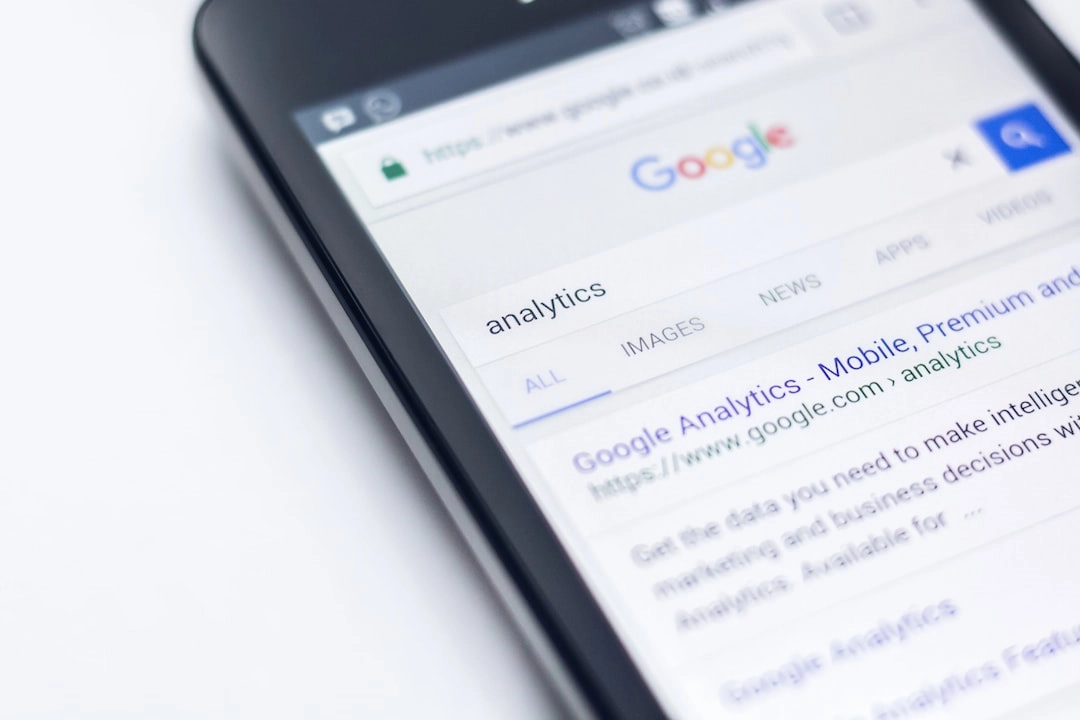
What it is:
In today’s digital age, sustainable digital libraries have emerged as a new paradigm in knowledge access. These libraries provide online access to a vast array of resources, including e-books, academic journals, research papers, and multimedia content. Unlike traditional libraries that rely on physical copies, sustainable digital libraries focus on collecting, organizing, and disseminating digital content, making it easily accessible to users worldwide.
Real-world problems:
While sustainable digital libraries offer numerous advantages, they also face their fair share of real-world problems that need to be addressed:
1. Access and connectivity:
One of the primary challenges of sustainable digital libraries is ensuring universal access and connectivity. In many regions, especially in developing countries, internet access is limited or unreliable. This creates a digital divide, preventing users from accessing the wealth of knowledge available in these digital libraries.
2. Digital preservation:
Digital preservation is a significant concern for sustainable digital libraries. Proper storage, backup, and maintenance of digital content are essential to ensure its long-term accessibility and prevent loss or corruption of valuable information. Without adequate preservation measures, the sustainability and longevity of these libraries may be compromised.
3. Copyright and intellectual property rights:
Sustainable digital libraries face complex copyright and intellectual property rights issues. Ensuring that the digital content is legally obtained, properly licensed, and respects intellectual property rights is crucial. Finding a balance between providing open access to knowledge and respecting the rights of content creators and publishers is a delicate challenge that these libraries must navigate.
4. Quality and authenticity of content:
In the digital landscape, the quantity of information available can be overwhelming. Sustainable digital libraries must prioritize the quality and authenticity of the content they provide. Ensuring that the resources available are trustworthy, accurate, and peer-reviewed is essential to maintain the credibility of these libraries as reliable sources of knowledge.
5. Technological obsolescence:
As technology continues to evolve rapidly, sustainable digital libraries must be prepared to adapt to changing technological landscapes. The constant emergence of new devices, formats, and software presents challenges in ensuring compatibility and accessibility of digital content across platforms. Libraries must stay up-to-date with technological advancements to meet users’ evolving needs.

Solutions to the Real-World Problems:
Addressing the challenges faced by sustainable digital libraries requires proactive solutions and collaborative efforts. Here are some ways to overcome these obstacles:
1. Access and connectivity:
Efforts should be made to improve internet infrastructure and expand access to underserved regions. Initiatives such as community Wi-Fi networks, partnerships with local organizations, and mobile library programs can help bridge the digital divide.
2. Digital preservation:
Implementing robust digital preservation strategies, including regular backups, redundant storage systems, and adherence to digital preservation standards, can ensure the long-term accessibility and integrity of digital content. Collaboration with digital archiving organizations and sharing of best practices can also help in this regard.
3. Copyright and intellectual property rights:
Digital libraries should prioritize obtaining proper licenses for the content they provide and adhere to copyright laws. Open access initiatives, Creative Commons licensing, and partnerships with content creators and publishers can facilitate the legal sharing of knowledge while respecting intellectual property rights.
4. Quality and authenticity of content:
Vetting and curating content by subject matter experts, employing peer-review processes, and partnering with reputable publishers and academic institutions can ensure that the resources provided by digital libraries are reliable and of high quality. User feedback mechanisms and content moderation systems also contribute to maintaining credibility.
5. Technological obsolescence:
Continuous monitoring of technological advancements and staying agile in adopting new formats and standards is essential. Collaboration with technology experts, participation in open-source communities, and user feedback can help libraries stay up-to-date and provide seamless access to digital content across various devices and platforms.















